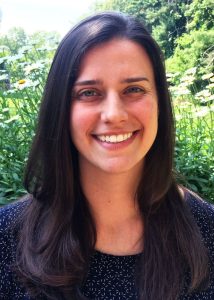
Kate Jensen
Williams University
USA
Public event
This conference aims at connecting young researchers from diverse backgrounds at the interface between the physics of complex systems and biology, to build networks and new collaborations both across fields and between theoreticians and experimentalists. The talks will span a variety of topics from soft matter to biology and statistical physics.
As the conference is aimed at early-career researchers, we strongly support applications from PhD students, postdocs and early-career permanent researchers.
Since we are aware of the financial difficulties faced by young researchers, participants that are accepted for poster presentations will have the opportunity to apply to a travel grant. We will notably support environmentally friendly travelling options within our financial capabilities.
*Oral presentations are invitation-only. Applicants are encouraged to submit an abstract for a poster presentation.
Image credits
From left to right:

Williams University
USA
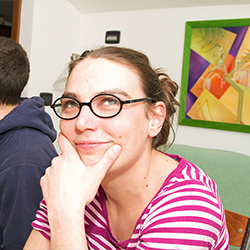
CNR Rome
Italy
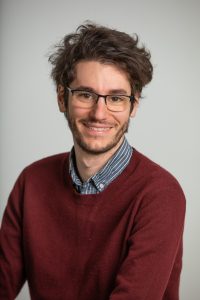
Turing Centre for Living Systems, Marseille
France
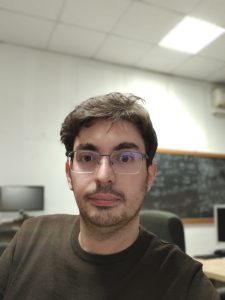
CNR, Rome
Italy
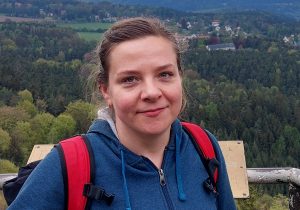
University of Barcelona
Spain
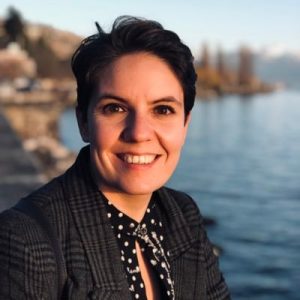
FMI, Basel
Switzerland
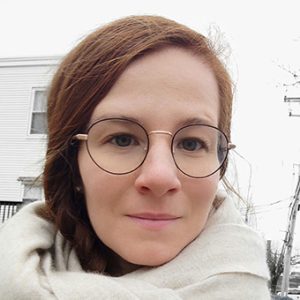
Brandeis University
USA
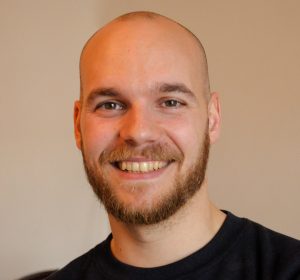
Paris Brain Institute, Sorbonne University
France
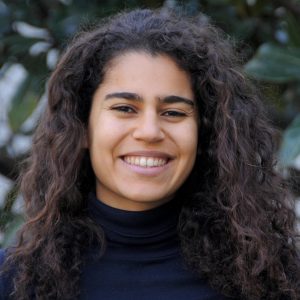
University of Vienna
Austria
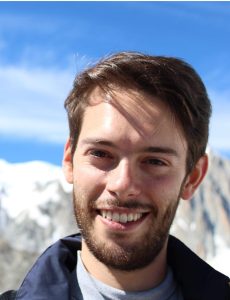
University of Geneva
Switzerland
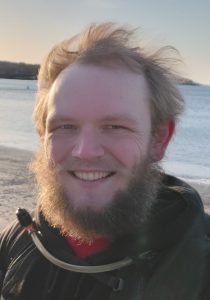
MPI-PKS and MPI-CBG, Dresden
Germany
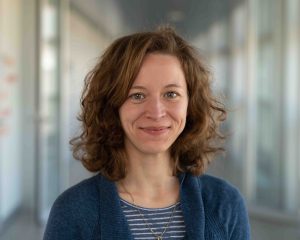
ETH Zürich
Switzerland
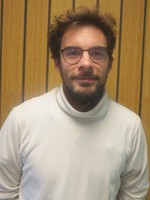
AMOLF
Netherlands
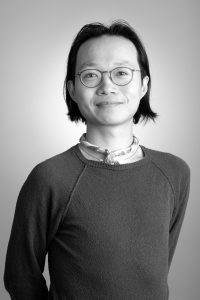
IST
Austria
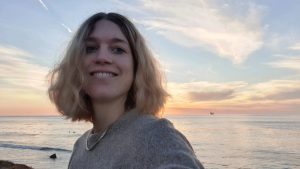
Cambridge University
United Kingdom
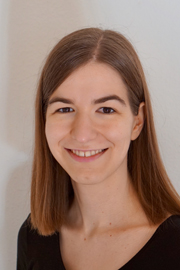
Barcelona Collaboratorium
Spain
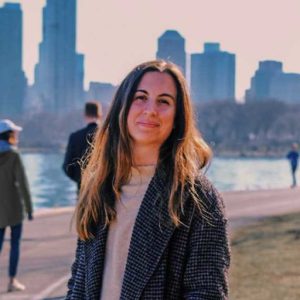
Sapienza University of Rome
Italy
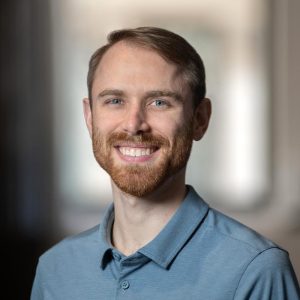
Flatiron Institute, NYC
USA
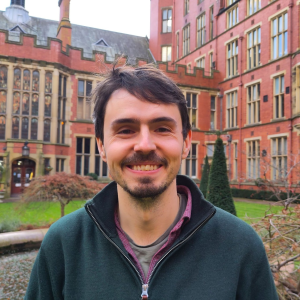
University of Sheffield
United Kingdom
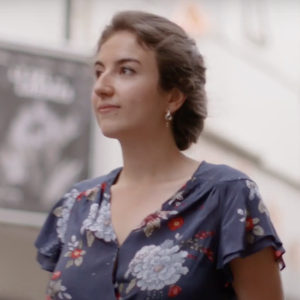
IST
Austria
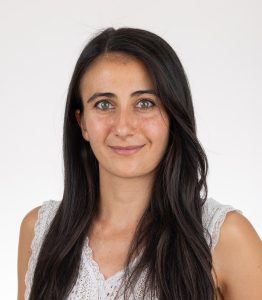
TU Delft
Netherlands
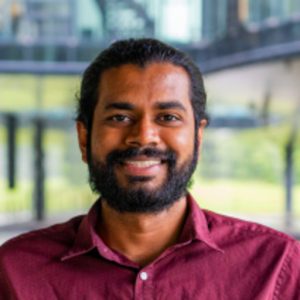
EMBL Barcelona
Spain
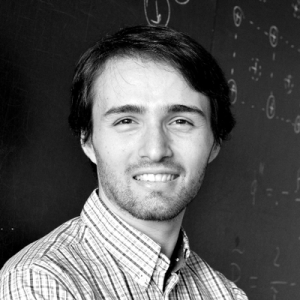
IST
Austria
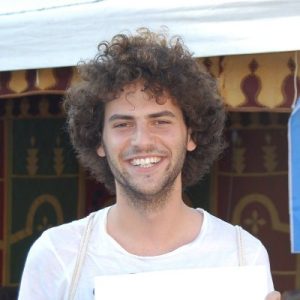
ENS Paris
France
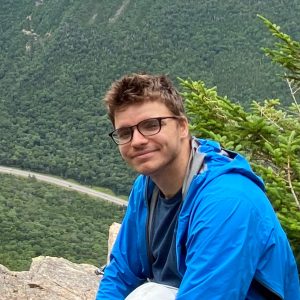
University of Chicago
USA
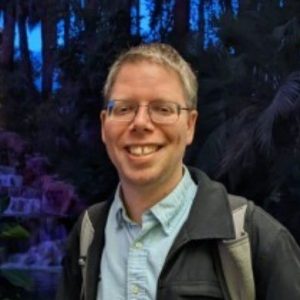
AMOLF
Netherlands
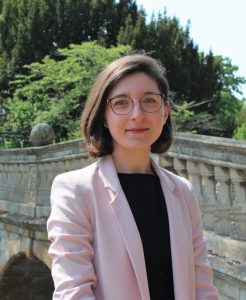
University of Cambridge
United Kingdom
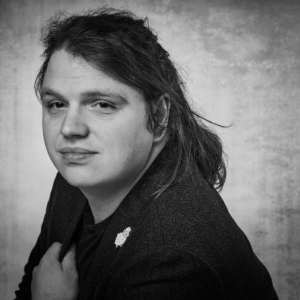
Niels Bohr Institute, Copenhagen
Denmark
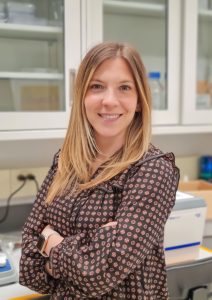
Princeton University
USA
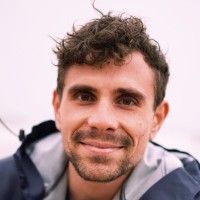
CNRS, Université de Rennes
France
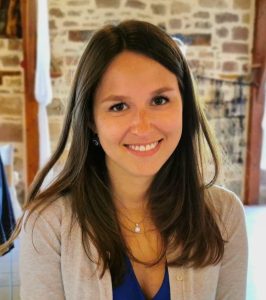
Niels Bohr Institute, Copenhagen
Denmark
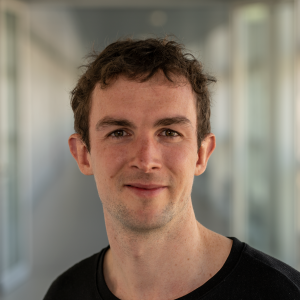
Institut Lumière Matière, Lyon
France
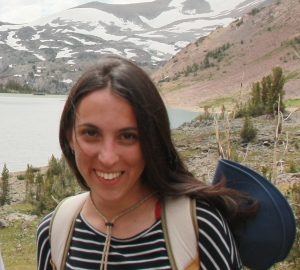
NITMB, Chicago
USA
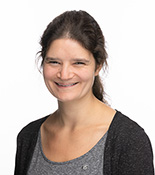
EMBL Heidelberg
Germany
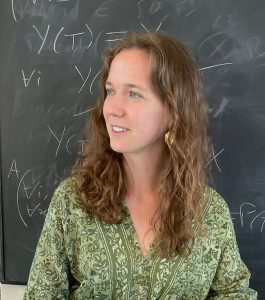
MPI-PKS
Germany
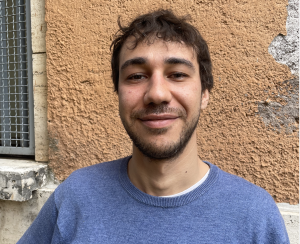
University of Campania
Italy
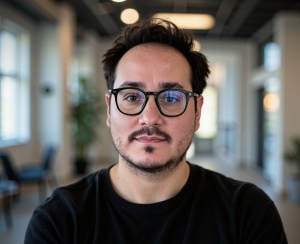
University of Edinburgh
United Kingdom
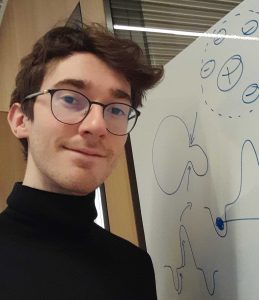
IST
Austria
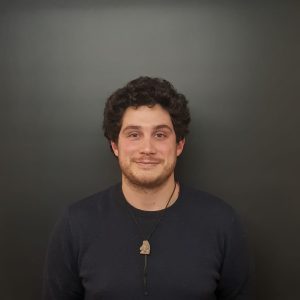
University of Oxford
United Kingdom
| Time (Europe/Berlin) | Session |
|---|---|
| 12:00 – 14:00 | Registration |
| 14:00 – 14:30 | Introductory remarks |
| 14:30 – 15:00 | Bridging the gap between bulk rheology and local cell-matrix interaction via rheoconfocal microscopy Irene Nagle – TU Delft, Netherlands |
| 15:00 – 15:30 | 3D pattern formation of a protein-membrane suspension Amelie Chardac – Brandeis University, USA |
| 15:30 – 16:00 | TBC Carolina Trenado-Yuste – Princeton University, USA |
| 16:00 – 16:30 | Coffee Break |
| 16:30 – 18:30 | Poster Session 1 |
| 18:30 – 23:00 | Dinner at EMBL |
| Time (Europe/Berlin) | Session |
|---|---|
| 08:30 – 09:00 | Coffee |
| 09:00 – 09:45 | TBC Kate Jensen – Williams University, USA |
| 09:45 – 10:30 | Coffee Break |
| 10:30 – 11:00 | Three sides of the same coin: Unifying context-dependencies of ecological interactions Oliver J. Meacock – University of Sheffield, UK |
| 11:00 – 11:30 | How can we model variation through random mutations in evolutionary processes? Nora Martin – Barcelona Collaboratorium, Spain |
| 11:30 – 12:00 | Motility-induced self-organization of microbial ecosystems: from non-reciprocity to weak random interactions Alberto Dinelli – University of Geneva, Switzerland |
| 12:00 – 14:00 | Lunch |
| 14:00 – 14:30 | Electrical control of the transduction channels’ mechanosensitivity in sensory hair cells Achille Joliot – AMOLF, Netherlands |
| 14:30 – 15:00 | Shape through gradients: Deformations of chemically active membranes Maitane Muñoz-Basagoiti – IST, Austria |
| 15:00 – 15:30 | Scaling behavior of nuclear wrinkling Nicolas Romeo – University of Chicago, USA |
| 15:30 – 16:15 | Coffee Break |
| 16:15 – 17:15 | Editor presentation |
| 17:15 – 17:45 | Discussions |
| 17:45 – 19:15 | Drinks |
| Time (Europe/Berlin) | Session |
|---|---|
| 08:30 – 09:00 | Coffee |
| 09:00 – 09:45 | Characterization of lab-adapted swarms of Anopheles gambiae mosquitoes Stefania Melillo – CNR Rome, Italy |
| 09:45 – 10:30 | Coffee Break |
| 10:30 – 11:00 | Dividing cells: how actin constricts the membrane Ivan Palaia – IST, Austria |
| 11:00 – 11:30 | Active particles knead three-dimensional gels into open crumbs Kristian Thijssen – Niels Bohr Institute, Copenhagen, Denmark |
| 11:30 – 12:00 | Reorganizing active nematics flows with thermotropic liquid crystals Olga Bantysh – University of Barcelona, Spain |
| 12:00 – 13:30 | Lunch |
| 13:30 – 14:00 | Learning without neurons in physical systems Menachem Stern – AMOLF, Netherlands |
| 14:00 – 14:30 | Multiscale modelling for unravelling plasticity and variability in animal behavior. Antonio Costa – Paris Brain Institute, Sorbonne University, France |
| 14:30 – 15:00 | Ghost states guiding transients away from fixed points Akhilesh Nandan – EMBL Barcelona, Spain |
| 15:00 – 15:30 | Coffee Break |
| 15:30 – 17:00 | Q&A session |
| 17:00 – 19:00 | Poster Session 2 |
| Time (Europe/Berlin) | Session |
|---|---|
| 08:30 – 09:00 | Coffee |
| 09:00 – 09:45 | Learning the out-of-equilibrium dynamics of biological matter Pierre Ronceray – Turing Centre for Living Systems, Marseille, France |
| 09:45 – 10:30 | Coffee Break |
| 10:30 – 11:00 | Mechanochemical coupling during intestinal crypt morphogenesis Laura Capolupo – FMI, Basel, Switzerland |
| 11:00 – 11:30 | Trail following and open air navigation: how mice make decisions with sparse olfactory signals Nicola Rigolli – ENS Paris, France |
| 11:30 – 12:00 | Ultrasensitivity without conformational spread: a mechanical origin for non-equilibrium cooperativity in the bacterial flagellar motor Henry Mattingly – Flatiron Institute, NYC, USA |
| 12:00 – 13:30 | Lunch |
| 13:30 – 14:00 | Optimal control of levitated nanoparticles through finite-stiffness confinement Marco Baldovin – CNR, Rome, Italy |
| 14:00 – 14:30 | Thermodynamic of information: probing the cost of an irreversible information processing using an underdamped memory Salambo Dago – University of Vienna, Austria |
| 14:30 – 15:00 | TBC Sarah Loos – Cambridge University, UK |
| 15:00 – 15:30 | Announcements |
| 15:30 – 18:00 | Excursion (Heidelberg) |
| Time (Europe/Berlin) | Session |
|---|---|
| 08:30 – 09:00 | Coffee |
| 09:00 – 09:30 | Bayesian parameter inference for particle tracking Simon Grosse-Holz – MPI-PKS and MPI-CBG, Dresden, Germany |
| 09:30 – 10:00 | Heterogeneous structure, dynamics and mechanics in a hydrated collagen microfibril Maxime Vassaux – CNRS, Université de Rennes, France |
| 10:00 – 10:30 | How diversity matters in flexible networks Stefanie Heyden – ETH Zürich, Switzerland |
| 10:30 – 11:00 | Coffee Break |
| 11:00 – 11:30 | Memory effects in bacterial flagellar dynamics Maria Tatulea-Codrean – Cambridge, UK |
| 11:30 – 12:00 | Channeling cells in plants Patrick Li – IST, Austria |
| 12:00 – 12:30 | Out-of-equilibrium dynamics of magnetic colloidal crystals activated by light-driven bacteria Helena Massana-Cid – Sapienza University of Rome, Italy |
| 12:30 – 13:00 | Concluding remarks |
On-site registration fees include admission, conference materials, meals and coffee breaks. Participants are expected to book and pay their own accommodation and travel expenses.
| On-site Academia | €375 |
| On-site PhD Student | €375 |
| On-site Industry | €500 |
A letter to support your visa application will be issued, on request, once payment of the registration fee is confirmed. We recommend that you book your visa appointment as soon as possible, to avoid any delay with your visa application.
Accredited journalists may be eligible to register for complimentary press registration. Registrants may be required to provide accreditation or equivalent proof of press membership after registration. Please contact intCha for more information. Please note that we do not offer complimentary registrations for editors of scientific journals.
Registration will be on a first come, first served basis. Your place can only be confirmed after payment of the registration fee. If you are added to our waiting list, please consider taking advantage of our offerings to participate virtually.
On-site participants: Types of payments accepted are international bank transfers and credit card payments.
Only participants registering to attend the on-site event are eligible to submit an abstract for poster presentation.
After registration you can submit your abstract via a separate link that will be provided in the email confirmation. Alternatively, you can access the link on the confirmation page directly after registering. The same login credentials are used for both processes.
Please note:
Abstract body: The limit of 2000 characters refers to manually typed text and excludes spaces. If an error occurs try using a different web browser (preferably Google Chrome or Mozilla Firefox).
If you copy-paste the text into the form, hidden formatting might still be included which may cause the text to exceed the 2,000 character limit resulting in an error message. We recommend you clear all formatting before pasting in the text.
If you have special symbols in your text, make sure you are using Unicode characters, otherwise these will not be recognised.
Title: The title should not exceed 20 words. Only the first word of the title should start with a capital letter and the rest should be lowercase.
Authors and affiliations: Please fill in the author’s details as requested in the online form. The compulsory fields are: First Name, Last Name, Organisation Name (Affiliation or Company), Country and Email.
Kindly mark only one author in the role of First Author and please don’t forget to indicate who will be the Presenter.
Please enter your co-authors correctly via the system by adding accounts together with their organisation/institute. Do not copy-paste them into the body of the abstract text, as they will not be indexed in the abstract book.
Presentation types: When submitting your abstract, you can apply for a poster presentation. A selection process will take place with the results announced 2-3 weeks after the abstract submission deadline.
For detailed instructions on how to submit a conference abstract, follow the instructions provided in this video.
Please check our FAQs pages for further information on how to submit an abstract.
Limited financial assistance is provided in the form of travel grants.
On-site participants
You may apply for financial assistance when submitting your abstract. In your application you will be asked to answer questions regarding why your lab cannot fund your attendance and how your attendance will make a difference to your career. Application for financial support will not affect the outcome of your registration application.
The scientific organisers will select the recipients of travel grants during the motivation letter or abstract selection process. Results will be announced approximately 6 – 8 weeks before the event start date, however for some events this may be delayed. Selection results do not impact your admission to the meeting. Selection for travel grants is based on scientific merit, your current work or study location, the reasons for needing financial support, and the impact this event will have on your career.
Costs will be reimbursed after the meeting only once a reimbursement form and original receipts (from travel costs) have been received.
View our list of external funding opportunities.
For further information about financial assistance please refer to the FAQ page.
For travel information, please see here.
If you are travelling to the conference within Germany then you are eligible for the Deutsche Bahn ‘Event Ticket’ (called the ‘Veranstaltungsticket’ in German). This will result in a lower ticket price if your travel distance to Heidelberg is more than 100 km. You need to provide proof of your event attendance when purchasing the ticket.
For more information in English see here or in German see here.
You can book your ticket here.
Conference shuttle buses are free of charge for participants, and depart from designated bus stops near the hotels to EMBL and back, mornings and evenings.
View Conference shuttle bus stops and hotels in a larger map. Please note that not every bus stop will be used for every event.
Address: EMBL, Meyerhofstraße 1, 69117 Heidelberg, Germany.
For more information about accommodation and travel, please refer to the FAQ page.
All meals and coffee breaks are included in the registration fee. Our catering staff will prepare a wide variety of vegetarian meals, meat and fish dishes, soups, pasta, fresh fruit and vegetables, as well as a variety of desserts.
Please wear your badge at all times when serving yourself.
No food or drinks are allowed in the auditorium.
There are lockers available next to the stairs leading down into the Auditorium. You will find some of those equipped with sockets to charge your smartphone/tablet etc.
In most places the electricity is 220 volts AC (50 cycles). An adaptor and a plug that fits the German socket may be needed for your appliances/laptop (i.e. American, Japanese, etc.). A USB charging station for electronic devices is available at the registration desk.
If you are interested in purchasing EMBL merchandise (products presented in the glass display in the registration area), please email the EMBL shop to place an order.
Kindly note the EMBL shop is only open upon request and all purchases must be made in cash (Euros only).
Please read EMBL’s COVID-19 safety policy for on-site events.
Do not smoke in any EMBL building.
Eating and drinking is prohibited in the Auditorium and all laboratories.
Do not enter any restricted areas or the laboratories unless instructed to do so.
If first aid is required …
In case of fire …
Beyond first aid…
Please remember to bring your own medication, if needed, to the conference. Note that the next pharmacy is a 4-minute drive from the EMBL, but for many medications you will be required to see a doctor to get a prescription.
Ensure in advance that your medical insurance will cover you during your visit in the event that you do need to see a doctor while in Heidelberg. In any case, the EMBL Course and Conference Office will assist you to get to the pharmacy and a doctor of your choice if necessary.
Wi-Fi is available on campus using the EMBL-Events network and the event specific password, which will be provided on site. The eduroam network (secure, worldwide roaming access service developed for the international research and education community) is also available.
‘’Lost and Found’’ items are kept at the registration desk until the end of the conference.
There are lockers available on-site to store your luggage, which require a 2 EURO coin to operate. There is another luggage room on level E0, which is free to use but remains unlocked during the conference.
There is a nursing room available in the ATC Rooftop Lounge on level A29.
During the conference, an EMBL Photographer may be taking photos. If you would not like to appear in these, please inform the photographer or a member of the Course and Conference Office.
There is a room for prayer, meditation and yoga located on level E0 behind the Auditorium. Please be respectful of others using the room.
A variety of activities in Heidelberg can be found on the website of Heidelberg Marketing.
During the event, we provide conference shuttle buses to and from EMBL. In addition, there is the public bus 39A that serves the EMBL campus and taxis can be easily booked at any time. Information on the conference shuttle buses can be found on the individual event website and more detailed information on travelling to EMBL can be found on our Travel Information page.
| Hello | Hallo |
| Goodbye | Auf Wiedersehen (formal) Tschüss (informal) |
| Good morning | Guten Morgen |
| Good afternoon | Guten Tag |
| Good evening | Guten Abend |
| Good night | Gute Nacht |
| I’m sorry | Es tut mir leid |
| Excuse me… | Entschuldigen Sie |
| How are you? | Wie gehts? |
| I’m fine thanks. And you? | Mir geht es gut , danke. Und Dir/Ihnen? |
| What is your name | Wie heißen Sie? (formal) Wie heißt Du? (informal) |
| My name is | Ich heiße… |
| Do you speak English | Sprechen Sie englisch? |
| I don’t understand | Ich verstehe nicht |
| Please speak more slowly | Können Sie bitte langsamer sprechen |
| Thank you | Dankeschön |
| Where is the toilet? | Wo ist die Toilette? |
| Please call me a taxi | Bitte rufen Sie mir ein Taxi |
| How do I get to….? | Wie komme ich zum/zur…..? |
| A beer/two beers please | Ein Bier/zwei Bier bitte |
| A glass of red/white wine please | Ein Glas Rot/Weisswein bitte |
| The menu, please | Die Speisekarte, bitte |
| Is there a local speciality? | Gibt es eine Spezialität aus dieser Gegend? |
| I’m vegetarian | Ich bin Vegetarier |
| It was delicious | Es war hervorragend |
| The bill, please | Die Rechnung, bitte |
| I have a headache | Ich habe Kopfschmerzen |
| I have a sore throat | Ich habe Halsschmerzen |
| My stomach hurts | Ich habe Magenschmerzen |
| I’m allergic to | Ich bin allergisch gegen |
| I need a doctor who speaks English | Ich brauche einen Arzt, der englisch spricht |
Please find additional information including FAQs, terms and conditions, COVID-19 safety policy and travelling to EMBL on our Information for participants page.
COVID-19 information for on-site events at EMBL Heidelberg can be found in our COVID-19 FAQs.
Date: 2 - 6 Jun 2025
Location: EMBL Heidelberg
Venue: EMBL Large Operon
Deadline(s):
Closed
Organisers:
Contact: IntCha25 Organisers